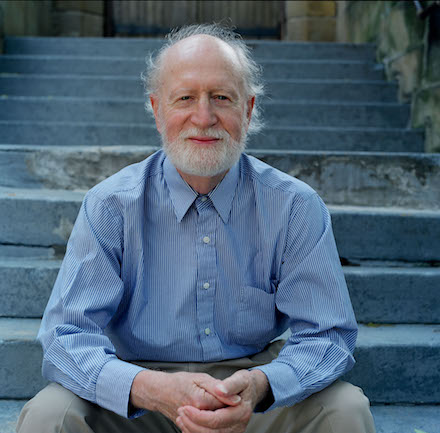by Seth Rogovoy
(GREAT BARRINGTON, Mass., April 24, 2001) – Mose Allison’s songs have been recorded by everyone from the Who to Bonnie Raitt, Elvis Costello, the Yardbirds, the Clash, and Van Morrison. From the point of view of the 73-year-old singer/pianist, it all goes back to their shared musical roots.
“It all comes from the blues and jazz, classic jazz and country blues,” said Allison in a phone interview from Hilton Head, S.C. “That’s where I started out, that’s my basic orientation, and that’s what they’re all interested in.”
Allison grew up on his grandfather’s farm outside Tippo, a small village inside the eastern rim of the Mississippi Delta, thirty miles southeast of Clarksdale. He began playing piano at age five, and absorbed the sounds of local blues players as well as the recordings of Louis Armostrong, Fats Waller, Louis Jordan and Nat King Cole.
Those influences can be heard throughout Allison’s work, albeit filtered through his own idiosyncratic style which effortlessly combines blues phrasing and jazz swing.
Allison credits his influences, most of whom were both musicians and vocalists, for teaching him to swing like a musician when he sings. “The classic jazz men who sang were my early heroes, people like Louie Armstrong, Fats Waller, Nat King Cole and Louis Jordan,” he said. “They all played well and sang. Jack Teagarden was another one. They all had singing styles and were all great instrumentalists, so I figured, what the hell, why not me?”
Allison’s influences go beyond American blues and jazz, however. The melodies for several of his songs, including “Numbers on Paper,” are based on Hungarian folk tunes. Allison said he is drawn to Hungarian folk music, popularized by Bela Bartok and Zoltan Kodaly, for its similarities to the blues. He points out that both the blues and Hungarian folk were the music of rural agricultural societies. “It’s like the blues in the feeling,” he said. “It’s folk music and contains folk wisdom.”
[This interview originally appeared in the Berkshire Eagle on April 27, 2001. Copyright Seth Rogovoy. All rights reserved.]

